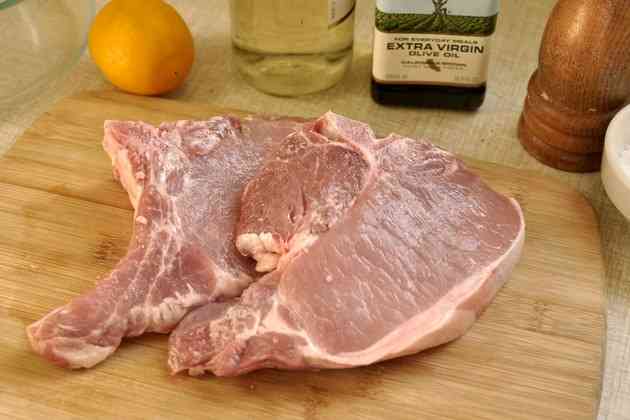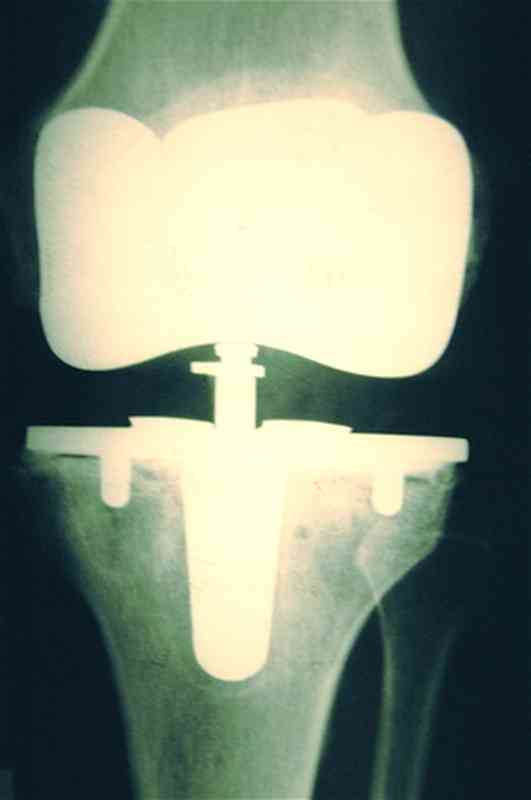The Best Way to Bulk Up Quickly

Bulking up isn't something that happens overnight, even if you're genetically lucky and can build muscle fairly easily. If you're new to exercise, however, you'll see some results quickly -- even in a few weeks -- which can keep you motivated for the months or years it requires to bulk up significantly. To gain weight and bulk as quickly as possible, you'll need a well-planned diet and exercise program, and you might consider using supplements. Speak with your doctor before making major changes to your lifestyle, though, and get medical clearance to use supplements, if you decide to take them.
 Strength training is a must if you want to bulk up quickly. (Image: Dan Prince/Cultura/Getty Images)
Strength training is a must if you want to bulk up quickly. (Image: Dan Prince/Cultura/Getty Images)Set Bulking Goals
How quickly you can bulk up depends on a few factors -- your current physique, your genetic potential for muscle gain and the lifestyle modifications you make. Even if you can pack on muscle easily, bulking up requires months of work, which might take more than a year to achieve. Plan to gain about 1/2 of a pound each week by eating an additional 250 calories a day, on top of what you need to maintain weight. This slow weight gain enables your body time to pack on muscle, so you're not simply increasing your body fat.
Create a general timeline for bulking up, based on a weekly weight gain of 1/2 of a pound. For example, if you want to gain 20 pounds, budget about 40 weeks to accomplish your goal. Keep in mind that you might hit some roadblocks or plateaus along the way, which might add additional time to your schedule. You might also need to adjust your caloric intake up or down, as you gain weight to continue gaining approximately 1/2 of a pound weekly. Online calculators give you an estimate of how many calories you'll need daily, but your actual caloric needs can vary, depending on your genetics and on your metabolism.
Finesse Your Diet for Weight Gain
Adjusting the amount of food you eat is essential for bulking up -- if you're not eating enough food, you won't have the additional calories you need to gain weight. But other dietary changes can help, too. For example, you'll need more amino acids to build new muscle tissue. Shoot for a protein intake of 0.8 gram per pound of body weight. If you weight 135 pounds, that's 108 grams; if you weigh 180 pounds, that's 144 grams. Animal-derived protein, such as the protein found in lean meats, nonfat dairy, eggs and fish, offers all the amino acids you need for muscle gain. Soy and quinoa also provide all the essential amino acids. However, you can get the amino acids you need by eating a variety of other protein-rich plant foods such as lentils, beans, whole-wheat grains and nuts.
Ensure you're powering up with carbohydrates. Your body converts carbs from your diet into glycogen, which serves as a primary source of fuel for your muscles during tough workouts. To stay energized during tough workouts at the gym, you'll need high-quality carbohydrates such as fruits, vegetables and whole grains. Eat healthy fats, too -- fat is a concentrated source of energy, so it will fuel your active lifestyle. Choose unsaturated oils, such as olive oil, as well as foods that are high in unsaturated fat such as nuts, seeds, avocado and fatty fish.
Bulk Up With Exercise
Although diet alone can help you gain weight, exercise will trigger muscle growth and you'll put on lean mass. Strength training is a must if you want to bulk up quickly. If you're new to strength training, start with three strength-training workouts each week, performed on nonconsecutive days. Your workouts should focus on large, compound movements that allow you to work each major muscle group in your body. For example, you could perform lunges and dead lifts to strengthen your lower body, planks to challenge your abs, and chest presses and rows to work your arms, chest and back.
As you become more advanced, consider splitting your strength routine by performing two upper body workouts and two lower body workouts each week. This frees up more time to add targeted exercises that work your muscles from different angles. For example, on upper body days, you might incorporate bicep curls or overhead presses into your routine, in addition to push ups, chest presses and rows.
While your focus should be on strength training, don't forego cardio entirely. A short, moderate-intensity workout of approximately 20 minutes, two to three times a week, is long enough to maintain your cardiovascular fitness.
Consider Bulking Supplements
As long as you follow a proper diet and exercise program for bulking, adding supplements to your routine might help accelerate your results. For example, drinking a whey protein shake can help boost your protein intake to help you meet your protein goals. Whey, in particular, is a quickly absorbing protein, so drinking a whey shake shortly after your workout will supply your muscles with the amino acids they need to grow. Creatine is a supplement widely available at health and fitness stores and it might also help promote muscle growth in some people, according to the University of Maryland Medical Center.
However, more research, including larger, well-designed studies, is needed to know exactly how much supplements actually enable a broader range of people to bulk up. For example, creatine, might not benefit you if your muscles already contain high levels of natural creatine, explains the UMMC. Speak with your doctor before taking supplements to make sure they're a good choice for you.




